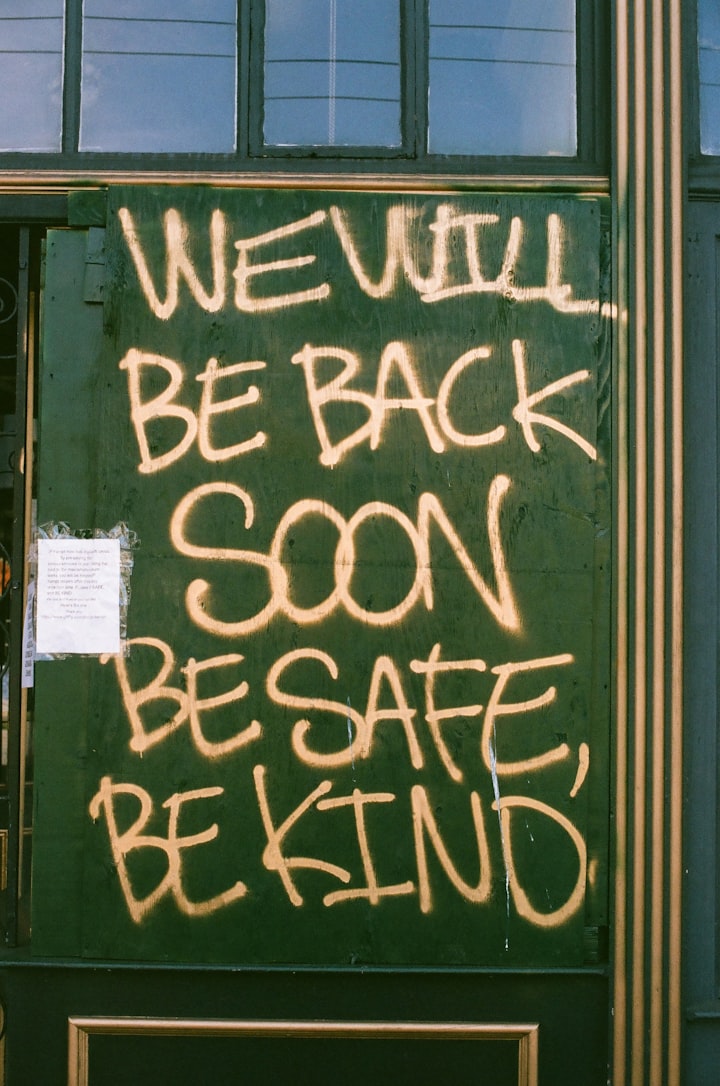Where Do Philanthropy And Fundraising Stand After COVID-19?
How do we proceed?
Philanthropy is a form of charity or giving that has been a vital part of our society for a very long time. It is essential to the way our society functions. Philanthropy, of course, has its legitimate detractors; many would argue that it’s actually greed disguised as benevolence. However, for all of its criticisms, it remains a vital part of our current social fabric and often provides relief to those in need.
In the aftermath of COVID-19, one of the most devastating epidemics in recent memory, philanthropy and fundraising will be essential tools to help rebuild our world and to prepare for future crises when (not if) they do occur. Our rapidly growing world population, economic globalization, and massive urbanization mean that we now live in a time that’s potentially prone to pandemics.
How has charitable giving been impacted by Covid-19? Several people say raising money will be problematic in the wake of Covid-19 because people have been through hardships and have run out of money. Many people are simply in a position where they cannot give back financially to their community. However, that doesn’t mean they’re not willing to help in other ways.
There is another reason for initial difficulties in raising money. For those who are willing to donate, the sense is that community problems are now massive and multifaceted. Therefore, donors hold back on opening their wallets until concrete evidence of many-pronged, multi-organizational, collaborative, and evidence-based initiatives takes shape. These factors may pose a challenge to those involved in the rebuilding process, resulting in a lack of progress. Many nonprofits will need to rethink their strategies for effecting positive social change. And at the giving end of things, it seems short-sighted and anti-productive for donors to favour pet causes working in small and circumscribed areas.
Having said that, it may also be easier to raise money in the future than it was before Covid-19. We might start to see this rebound once economies bounce back somewhat. Everyone knows times will be tough for a good while to come. So, suppose communities can begin to present larger-scale coordinated efforts to provide aid and local development. In that case, folks in the mainstream may feel optimistic that their own gifts, however modest, will be part of a larger good. And so they’ll be happy to pitch in with what they’ve got.
How can benevolent organizations help with a more grassroots “uprising”? Crowdfunding campaigns have been around for a while now and are an increasingly common strategy for democratizing philanthropic giving. The flexibility of this strategy has allowed social benefit organizations and coalitions to test out their development ideas with the broader public. In the case of strong support, it becomes easier to approach philanthropic interests having better resources.
Whether crowdfunding techniques are used or not, putting a cap on the public asks might help make them more participatory and less overwhelming. A campaign should, in addition, be broad-based, social media-driven, and should engage a broad range of audiences, including young people, students, parents of new families, and other young people. Their virtual skills are strong, and they know too well what kind of world they are inheriting! Lastly, educational or friendly gatherings should involve both virtual and face-to-face interactions. Large groups won’t be for everyone.
Certainly, Covid-19 has had many negative impacts on physical and mental health and, of course, on jobs and the ability to participate effectively in a much smaller and vastly more competitive labour market. It’s hard to say what a new economy will look like after Covid-19. People need help adjusting, and everyone is acutely aware of the need to give. They understand the necessity of lending their hands and their hearts to people who are hurting. The requirement for a strong community, solidarity, social adaptation and sustainability has never been more significant.
About the Creator
Mark Durieux
Sociologist. Over two decades of university-level instruction. Crazy commitment to popularizing and democratizing the sociological imagination. If you're a fan of sociology, drop by my website: https://www.allwalkssociology.com .







Comments
There are no comments for this story
Be the first to respond and start the conversation.